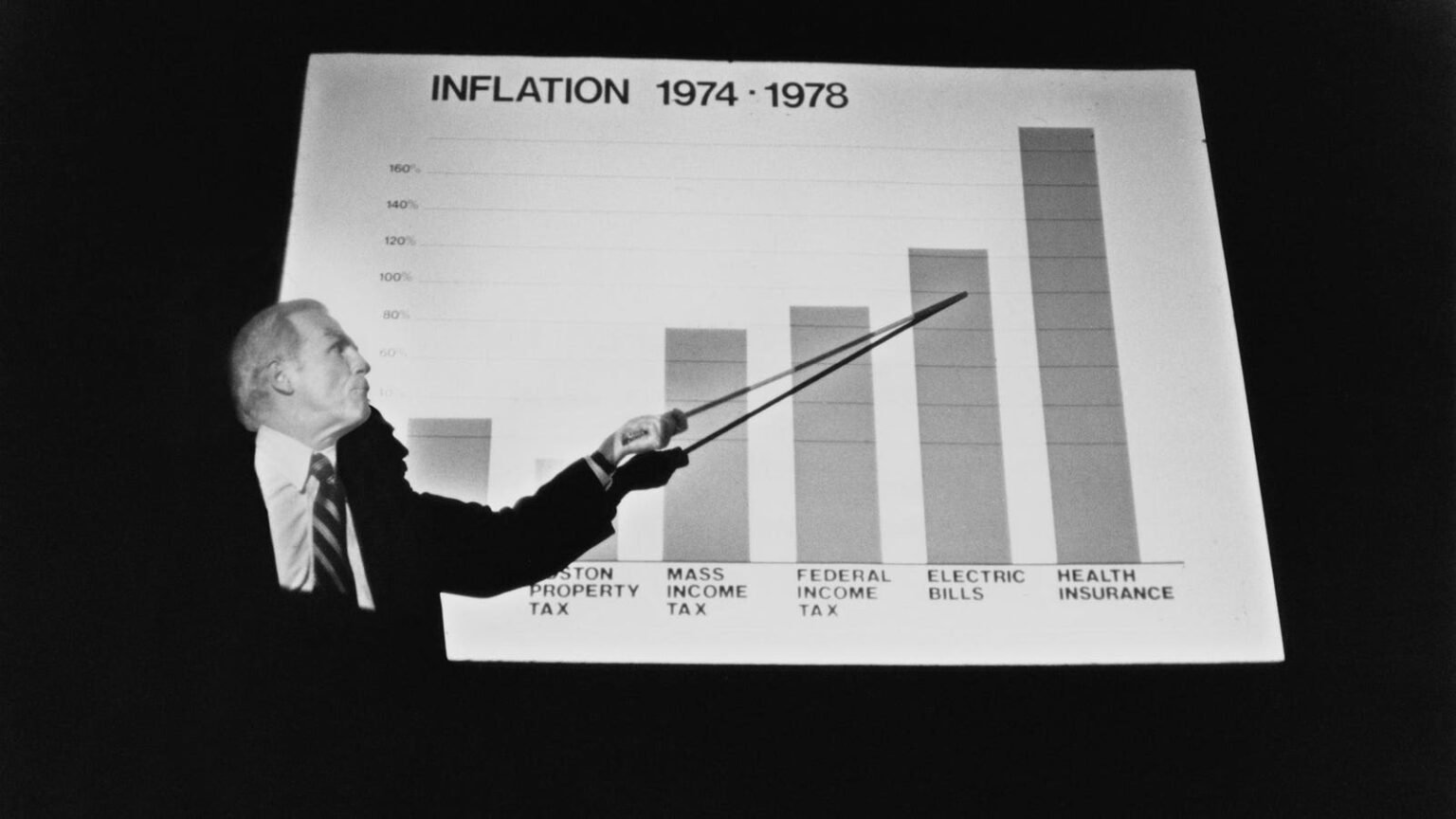In a recent analysis, it has been found that doctors in private practice are facing financial struggles due to stagnant reimbursements, particularly from Medicare. The author delves into the impact of Medicare reimbursements on clinicians, highlighting the negative effects of inflation on revenue streams. The study focuses on evaluation and management (E&M) codes, particularly new patient visits, over a span of ten years in the greater Atlanta area. The data shows that reimbursement rates have remained flat over time, failing to keep up with inflation.
The author illustrates the impact of Medicare reimbursements on a hypothetical doctor in Unicornville, who, despite maintaining the same practice setup over a decade, experiences a significant decrease in profitability due to rising costs and insufficient reimbursement increases. This scenario emphasizes the financial strain faced by clinicians when reimbursements do not align with inflation. The analysis also suggests that clinicians with commercial contracts tied to Medicare rates may also be impacted by the lack of reimbursement growth.
The study raises concerns about the future financial stability of clinicians and health systems, particularly in states with large Medicare populations and specialties that have a high concentration of Medicare beneficiaries. The aging population in the US further compounds the strain on Medicare, indicating that the situation may worsen without intervention. The author proposes several strategies to mitigate financial challenges, including optimizing clinic operations, exploring partnerships or integrated networks, and advocating for policy changes through medical associations and lawmakers.
The analysis underscores the need for clinicians to be proactive in addressing the financial challenges posed by Medicare reimbursements. It emphasizes the importance of data-driven advocacy and strategic partnerships to navigate the evolving healthcare landscape. The author urges clinicians to be vocal in advocating for change and to consider alternative approaches to funding allocation within Medicare, such as a shift away from Medicare Advantage. Ultimately, the response of clinicians and healthcare organizations to ongoing reimbursement cuts will shape the future of care access for Medicare patients and the sustainability of medical practices.











